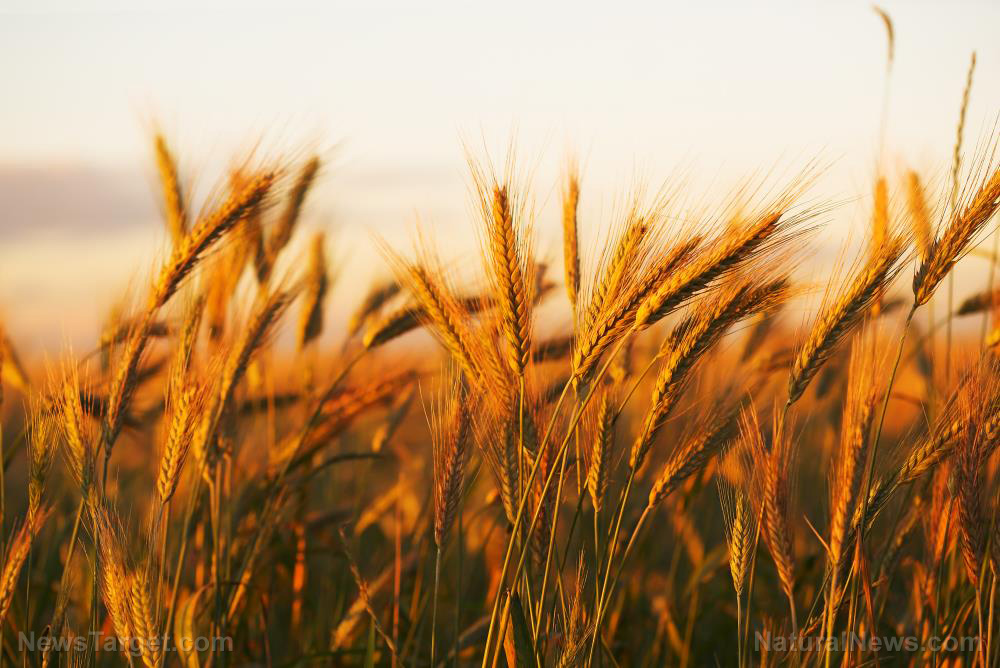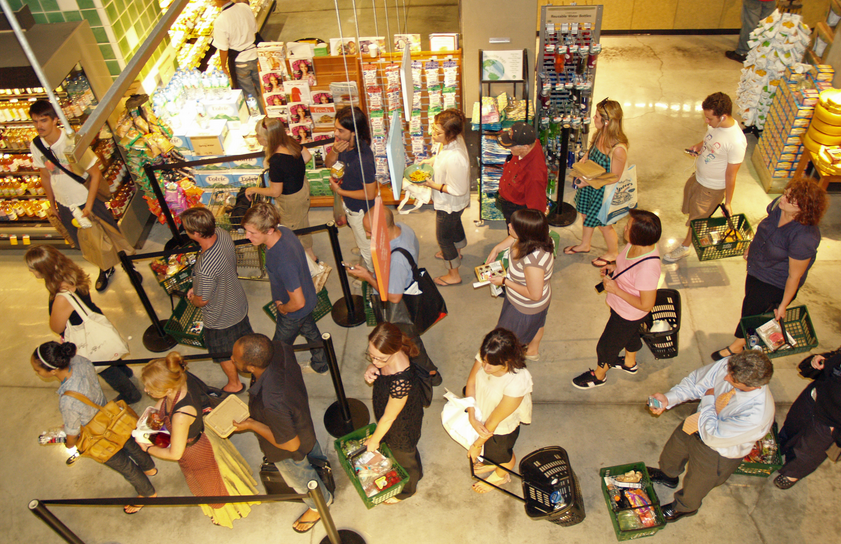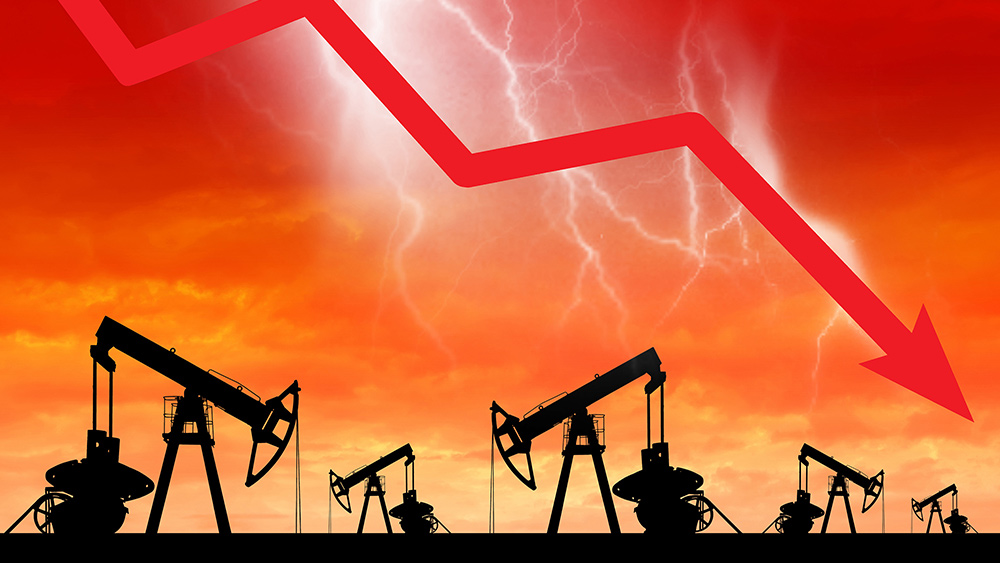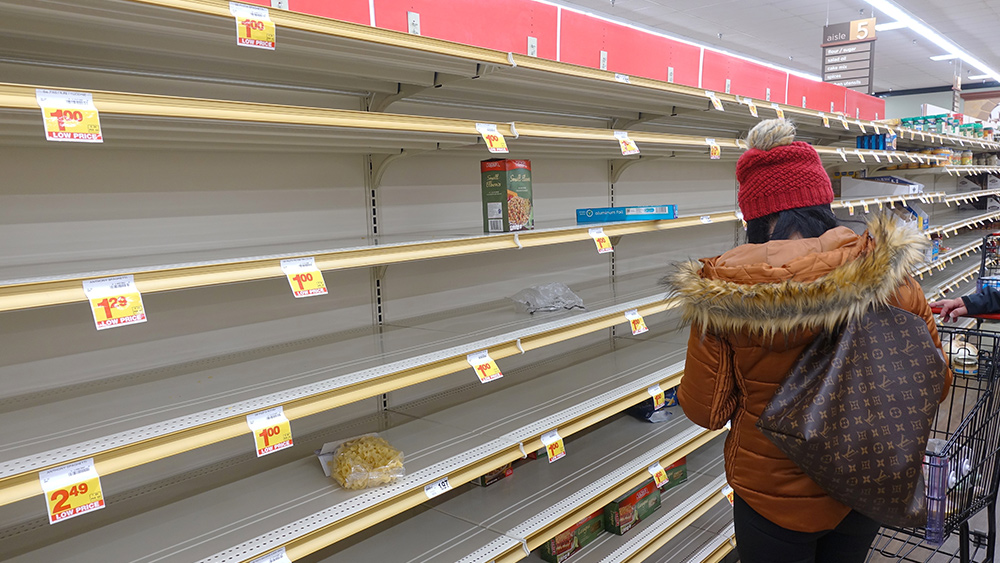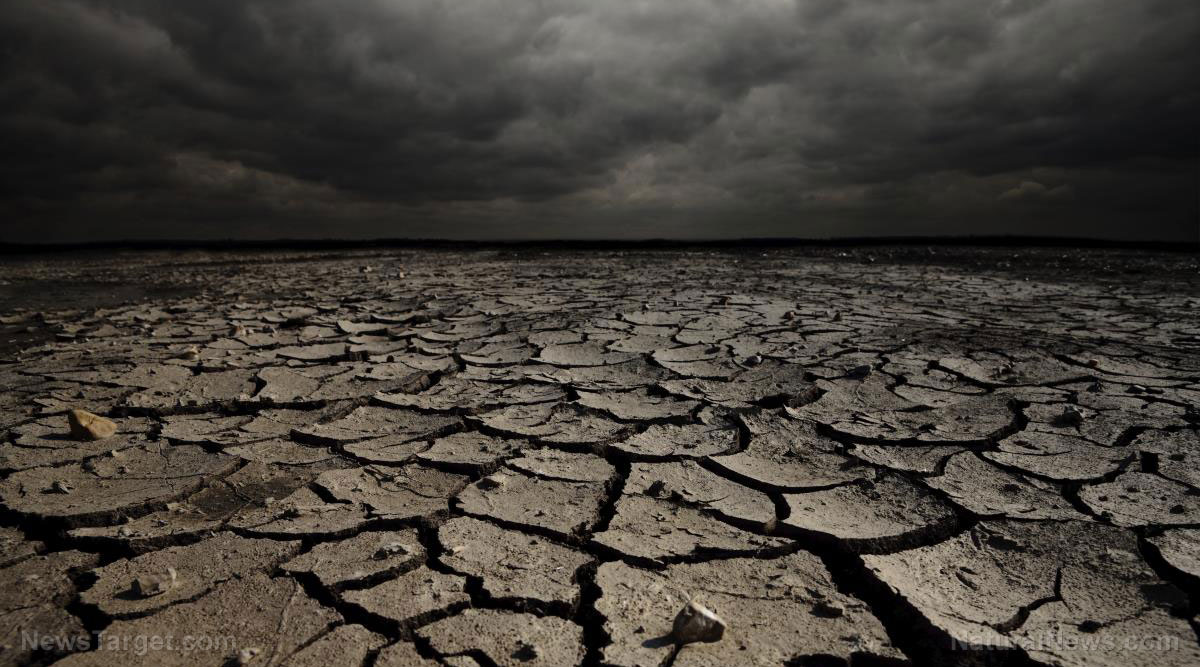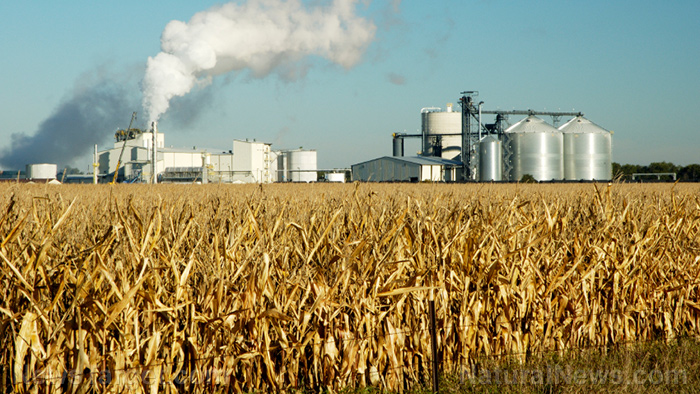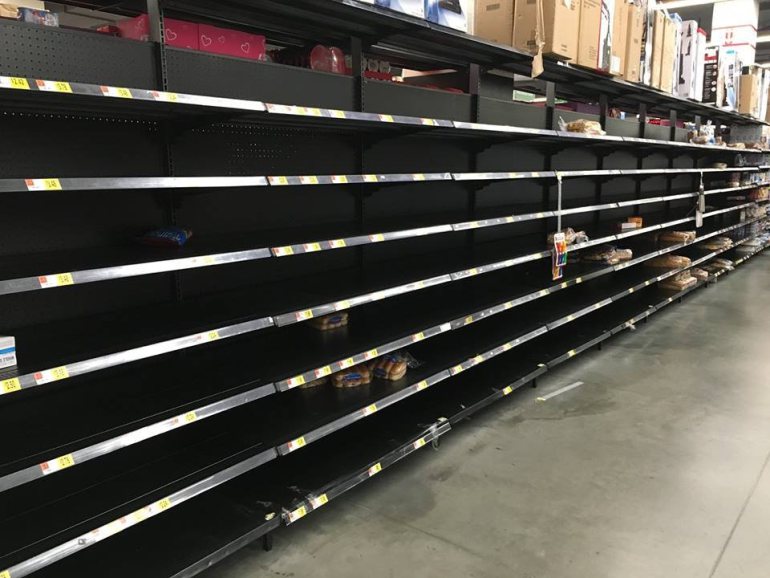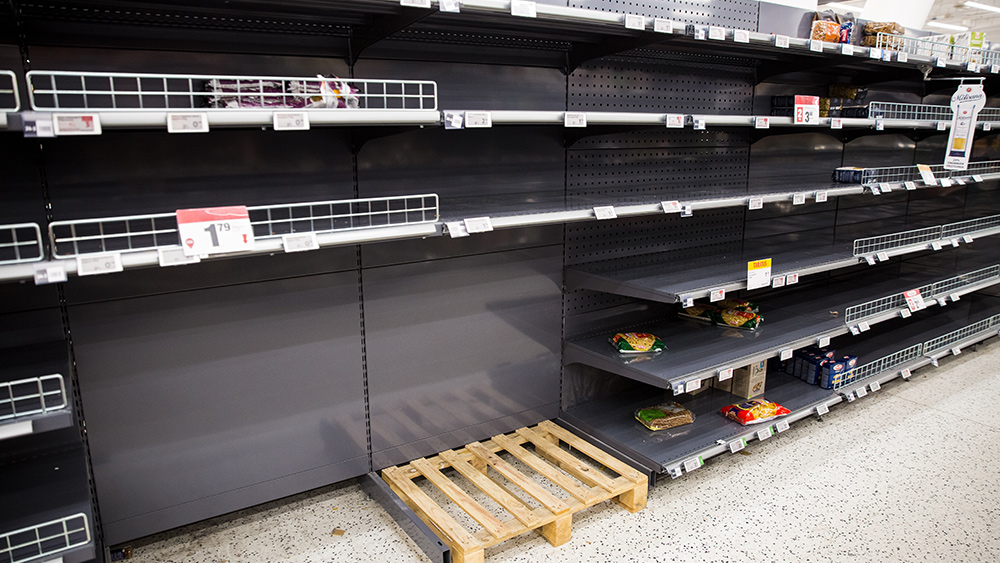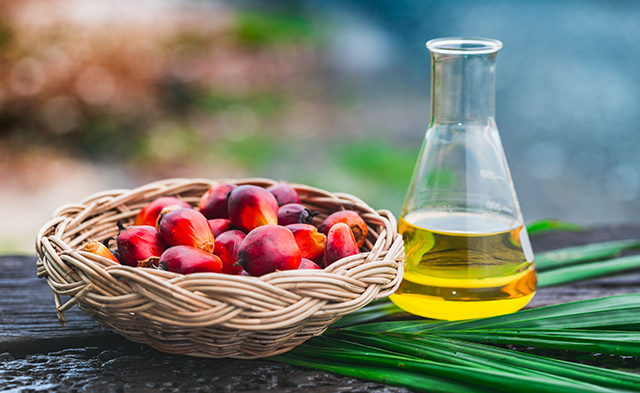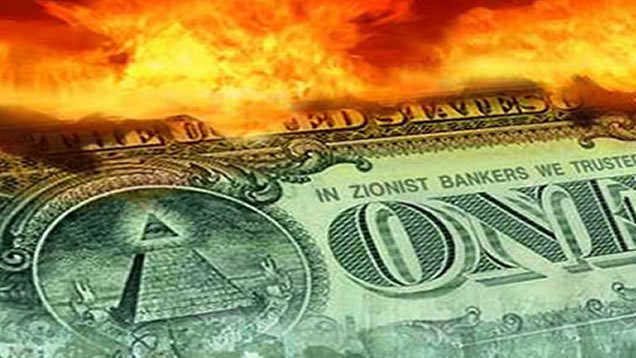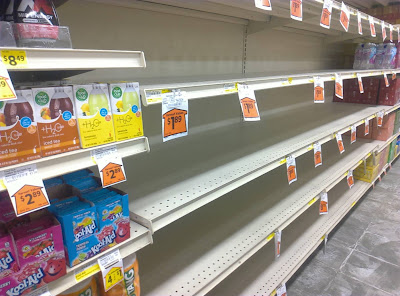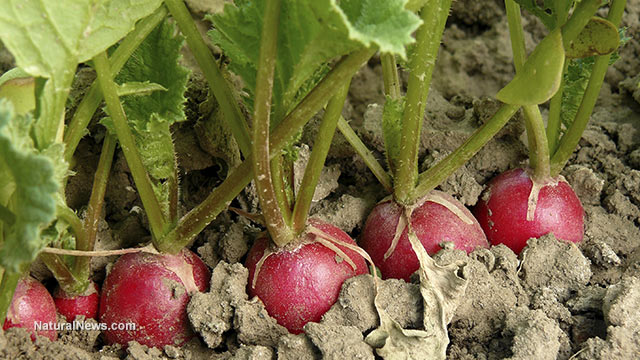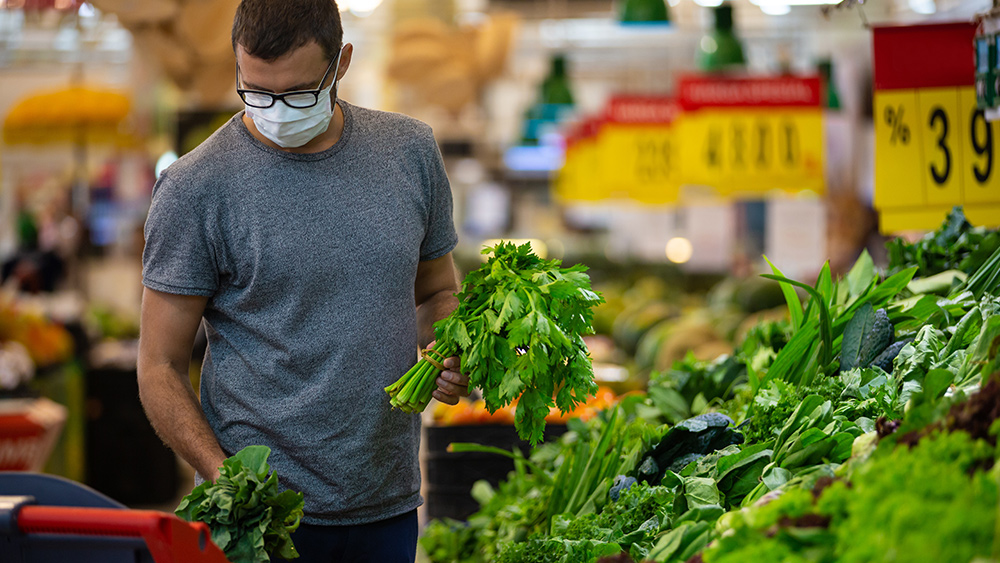REVELATION: China asked Russia to delay Ukraine invasion until after Beijing Winter Olympics
03/04/2022 / By Ethan Huff

The New York Times has dropped a major bombshell about the Ukraine invasion that suggests collusion on the part of Russia and China as to its timing.
Senior Chinese officials reportedly told senior Russian officials in early February to hold off on a planned invasion of Ukraine until after the Winter Olympics in Beijing, citing officials from the Biden regime as well as one in Europe who made this claim.
The Times reported that a Western intelligence report revealed that the senior Chinese officials had some level of prior knowledge about Russia’s plans or at least intentions to invade Ukraine roughly one week before the invasion commenced.
The revelation came after the White House announced additional sanctions against Russia and its ally Belarus, which include extending export controls that target Russian oil refining and entities that support both the Russian and Belarusian military.
Interestingly, though, the Biden regime has not hit Russia where it really hurts: oil and gas. Biden’s sanctions in this sector are at a bare minimum, and the United States is actually more crippled right now by Biden’s anti-energy independence policies than Russia is.
“Among Wednesday’s new measures are sanctions targeting 22 Russia defense entities that make combat aircraft, infantry fighting vehicles, electronic warfare systems, missiles, and unmanned aerial vehicles for Russia’s military,” AgWeb reported.
Ukraine invasion could lead to global food shortages caused by lack of fertilizer
The United Nations General Assembly has also voted to demand that Russia stop its offensive in the Ukraine and withdraw all troops immediately.
In a 141 to 5 vote, with 35 abstentions, countries all around the world from major powers to tiny islands condemned Russia for the invasion. The vote was held during the 193-member assembly’s first emergency session since 1997.
Concerning possible oil and gas sanctions against Russia, the U.S. said it is “very open” to the idea, but is not yet ready to do anything. The domestic regime says it is concerned about the potential market impact of oil and gas sanctions, especially as global oil prices have now touched eight-year highs. It would appear as though the war could also be a catalyst for an impending global financial reset.
Tech giant Apple also announced on Tuesday that it has “paused” all product sales in Russia as punishment for the invasion.
Some reports suggest that the Russian military may be stalling in its massive convoy outside of Kyiv. Food and fuel shortages coupled with logistical problems are causing morale to suffer, one senior Defense official alleged.
At the same time, this same official added, the Russians still have a significant amount of combat power that has not yet been tapped. It is expected that no matter the hurdles they face, Russian troops “will regroup, they will adjust and they will change their tactics.”
Canada’s Nutrien Ltd., the world’s biggest fertilizer producer, meanwhile, announced that prolonged disruptions to the global supply of potash and nitrogen crop nutrients are likely to result from the ongoing conflict.
Interim CEO Ken Seitz said that Nutrien is planning to boost potash production if it sees sustained supply problems in both Russia and Belarus, which are the world’s second- and third-largest potash-producing countries after Canada.
The world’s three largest container lines – Swiss-headquartered MSC, Denmark’s Maersk, and France’s CMA CGM – have also temporarily suspended cargo shipments to and from Russia for the time being.
Maersk’s suspension covers all Russian ports, including foodstuffs and medical and humanitarian supplies.
The International Energy Agency also announced that its 31 member countries have agreed to release 60 million barrels of oil from strategic reserves.
WWIII.news contains more war coverage.
Sources include:
Submit a correction >>
Tagged Under:
big government, chaos, China, Collusion, conspiracy, deception, fertilizer, financial reset, food collapse, food shortages, food supply, grocery, invasion, products, Russia, supply disruptions, Ukraine, war, Winter Olympics, World War III
This article may contain statements that reflect the opinion of the author
RECENT NEWS & ARTICLES
COPYRIGHT © 2017 FOOD SUPPLY NEWS

